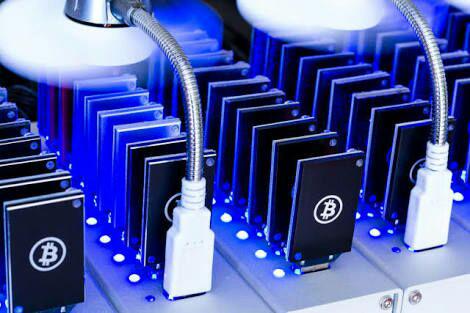WHO PAYS A BITCOIN MINER
Who pays a bitcoin miner?
Approximately once every 10 minutes since January 3, 2009 at 18:15:05 UTC, one miner in the world
has found/will find a valid Bitcoin block that meets the current difficulty requirements. When that
happens, the block reward and the transaction fees will be distributed to the wallet(s) configured
by that miner in that block. These two sources make up all of a miner’s income.
Block rewards are the only way that new Bitcoins are mined. The block reward started at 50
BTC/block and halves every 210,000 blocks. This is why the current block reward is 12.5 BTC/block
as of Sept 2017.
Transaction fees for a block are the sum of the fees paid for all new transactions included in that
block. For example, we might send you .5 BTC and specify a fee of .00004 BTC as incentive for miners
to include that transaction in their block. The first miner to include that transaction in an accepted
block will then earn that .00004 BTC in addition to the block reward and fees from other included
transactions.
Early on, transaction fees were a negligible source of miner income since there were very few
transactions and the block reward was high. However, as the block reward diminishes and the
number of transactions grows this trend will reverse and block rewards will become negligible
and transaction fees will dominate earnings.
Mining pools are another layer on top of this. Instead of the reward and fees going to a single
miner, they instead have a number of miners pooling their efforts and splitting the rewards based
on that pool's rules. In this way, if it would normally take you 10,000 years on average to find a block
by yourself, you can instead join a mining pool and get small fractions of a block reward regularly
based on your mining contribution and the pool's rules.
Compare that to solo mining without a mining pool, where until you find a valid block you won't
get a single Satoshi.
